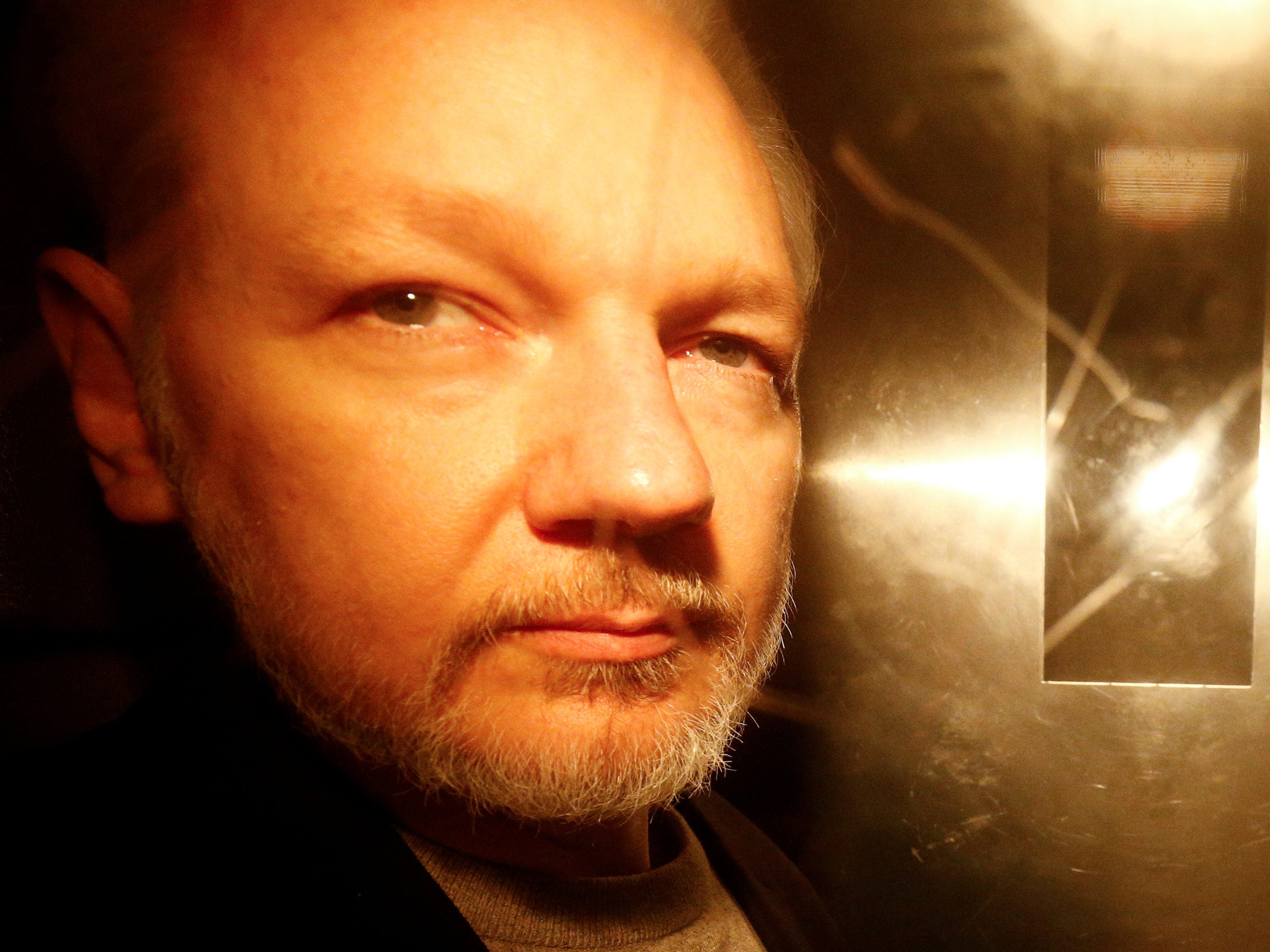
A decision in the extradition case of Julian Assange will not be made until after the US election, a judge has said.
The Wikileaks founder is fighting being sent to the US on charges relating to leaks of classified documents allegedly exposing war crimes and abuse.
His defence has claimed the move is politically motivated under President Donald Trump, after the previous Obama administration failed to bring charges despite launching an investigation.
On Friday, Edward Fitzgerald QC, for Assange, asked for time to prepare his closing arguments in the case, following the close of evidence next week.
He said it would take a “dramatic” development such as Trump declaring “we will execute all journalists”, for him to reopen his case.
Fitzgerald told Judge Vanessa Baraitser: “Evidently it seems unlikely we will be able to get judgment before November 4 even if you were able to get our submissions.
“You have to bear in mind there is an election and the future is uncertain.”
He said there were some elements of the defence case which related to the Trump presidency, saying it “would be worse if Mr Trump was there”.
He added: “We are dealing with real risks.”
On the timing of the decision, Judge Baraitser responded: “I agree with you, one way or another my decision is likely to go after the election in the US.”
She gave the defence four weeks to prepare written closing submissions, with the US Government a further two weeks.
The judge said she would be able to set a date for her final judgment at the end of next week.
Father-of-two Assange, 49, faces an 18-count indictment alleging a plot to hack computers and conspiracy to obtain and disclose national defence information.
Computer forensics expert Patrick Eller examined transcripts from US defence analyst Chelsea Manning’s court martial to consider the allegation that Assange agreed to help her crack a scrambled password on the US Department of Defence computers in 2010.
He also looked at whether cracking the password would have allowed Manning to log on with a different username, making it more difficult for investigators to identify her as the source of leaks to Wikileaks.
In his evidence by video link from the US, Eller said he could find no evidence that the encrypted password had in fact been cracked.
He told the court Manning could not have extracted classified material and moved it onto a US government computer anonymously, as she could have been tracked by the computer IP address.
Cross-examining, James Lewis QC, for the US Government, asked: “Are you aware Mr Assange has boasted he is a fantastic hacker?”
The witness said he was not.
Lewis said: “Would you agree a skilful hacker can break even the strongest encryption?”
Eller replied: “Yes. But that is also when all the data is provided.”
His extradition case at the Old Bailey continues.
Picture: Reuters/Henry Nicholls
Email pged@pressgazette.co.uk to point out mistakes, provide story tips or send in a letter for publication on our "Letters Page" blog
